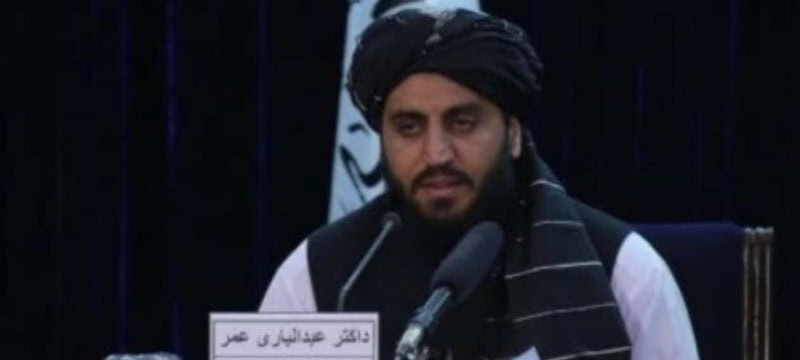Germany voiced strong condemnation following the appearance of a Taliban official at a mosque in Cologne, triggering demands for explanations from the Turkish organization overseeing the site. Abdul Bari Omar, a member of the Taliban-run health authority in Afghanistan, participated in a conference arranged by an Afghan association within the city.
Interior Minister Nancy Faeser expressed firm disapproval, labeling the Taliban representative’s presence in Cologne as “completely unacceptable” and emphasized the necessity to denounce such radical platforms in Germany.
Read more:Germany Calls for Increased Immigration Amid Escalating Labor Shortage
Faeser urged Ditib, the Turkish-Islamic association managing the mosque in Chorweiler district, to clarify how the premises were utilized for such an event, stressing that providing a platform for radicals contradicts German values.
Ditib’s management claimed they were unaware of the Taliban official’s scheduled appearance, asserting that the event had deviated from the initial agreement, transforming into a political gathering without their knowledge.
Rejecting any association, even spiritual, with the Taliban, Ditib distanced itself from the incident.
The foreign ministry highlighted that the Taliban official had not received a German visa but managed to enter using a Schengen visa issued by a neighboring country. Reports suggested Omar traveled from the Netherlands after participating in a World Health Organization conference earlier in November.
Since the Taliban regained control in August 2021, the West has frozen billions in aid and assets, causing significant economic strain on Afghanistan, an aid-dependent nation.
Ditib, known as the Turkish-Islamic Union for Religious Affairs, stands as one of the prominent Islamic organizations in Germany.
The incident has sparked debates about radical affiliations within the country and raised concerns about how such events are managed within religious institutions.









